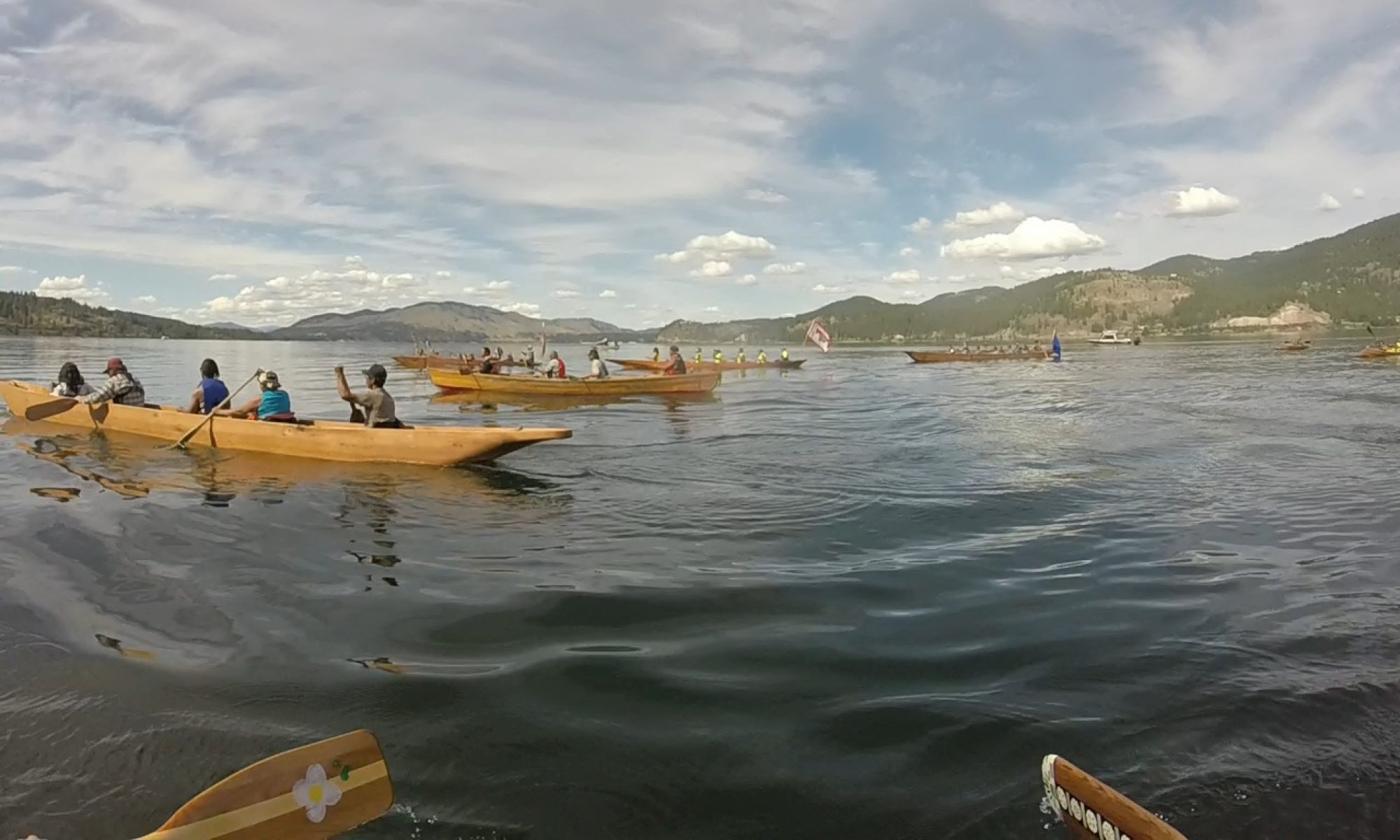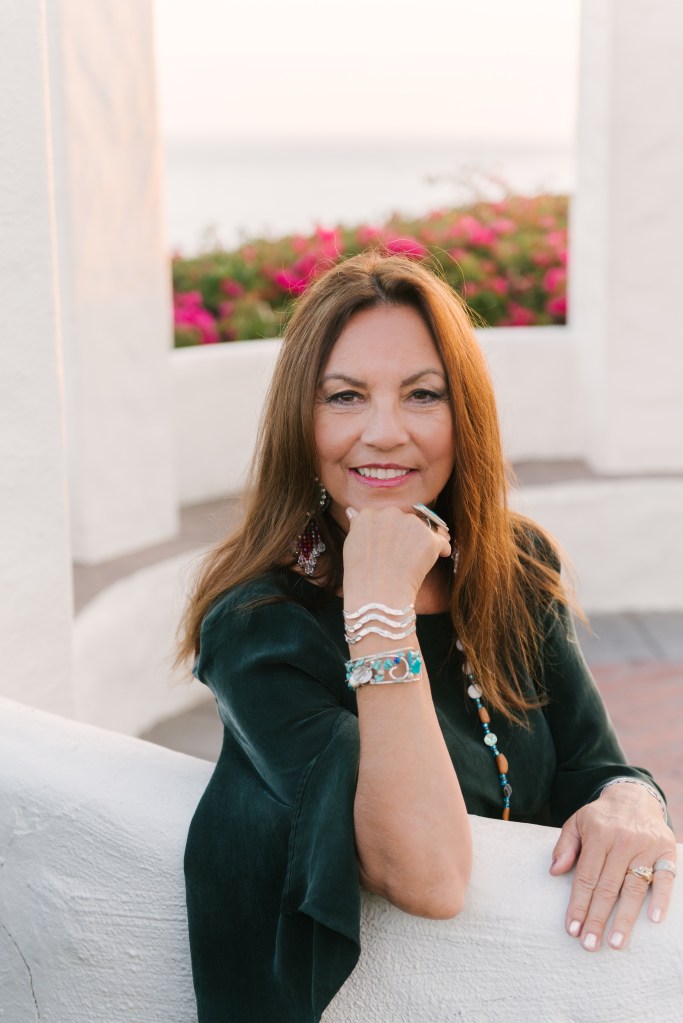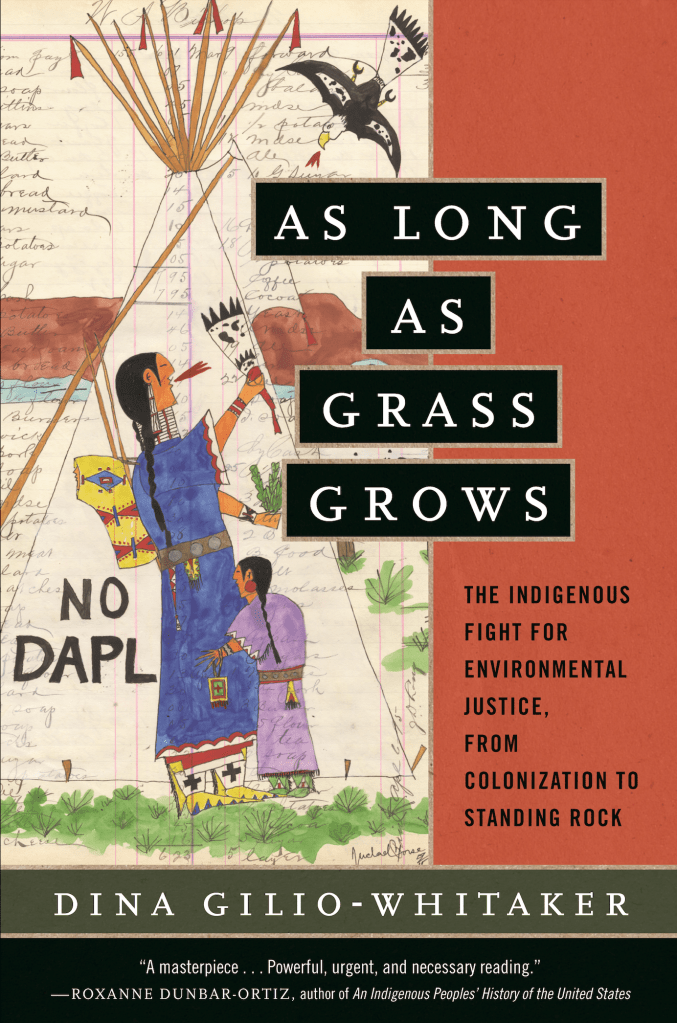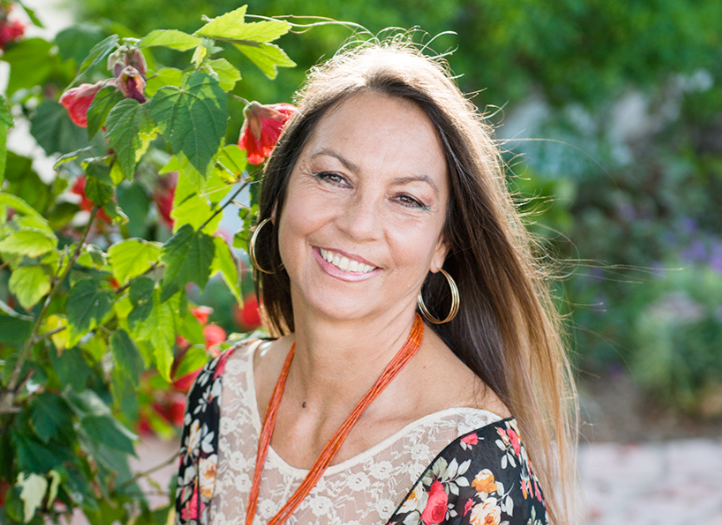Teacher Professional Development
One of the most common forms my teaching takes is professional development for teachers at all levels, from K-12 to post-graduate. Teaching through the lens of environmental justice gives teachers tools to integrate American Indian history with environmental history in order to understand the United States in terms of a colonial system that continues to reproduce itself and the ongoing injustices to tribal nations. I have conducted trainings this way in a variety of settings and modalities, including museums and through art history and analysis.
Staff Training–Governmental
As governments embark on environmental justice (EJ) policy creation, they quickly come to realize that EJ is very different for American Indians than all other populations. Their very different histories, relationships to land, and tribal sovereignty present entirely different sets of concerns compared to other EJ communities. But for most agency officials, these circumstances are poorly understood, if not completely unknown. Even staffs with knowledgeable tribal liaisons and legal departments will not always have the bigger picture when it comes to EJ issues. DGW Consulting conducts staff trainings to clarify these differences and presents salient information and strategies so agency staffs can work effectively with tribal governments. Half-day to 2-day trainings available.
Staff Training–Non-Profit and Other Non-Governmental Organizations
The world of environmental activism is vast and highly interdependent upon relationships between diverse groups. These include other non-profits, grassroots and ad hoc community groups, legal communities, permanent and impermanent coalitions, and tribal peoples, among others. History shows, however, that the environmental movement has a checkered and sometimes troubled relationship with Native peoples, and is also as misinformed about the political status and historical realities of tribal nations as most everybody else. As our social relations become more complex with the intensification of environmental disruption, it will be more important than ever for environmentalists and community groups to form strong alliances with tribal peoples. We provide specialized staff training geared toward creating greater understanding and communication across multiple stakeholder lines for more effective and responsive coalition-building. Half-day to 2-day trainings available.
Tribal Governments
Tribal governments have unique needs in environmental policy planning. Interacting with government agencies can be fraught with difficulty and conflict. Having the expertise of a well-trained professional in Indian affairs– one who understands from an Indigenous perspective– to work as your advocate can help smooth things out in intergovernmental relationships. We are available to help educate tribal governmental officials about the finer points of EJ for better policy outcomes. Half-day and full day trainings available.
Industry/Business
In some places like Southern California development is so relentless that Native burials are regularly unearthed because Native people lack legal power to have their graves properly protected. In these cases a cultural monitor is brought in to oversee the very sensitive and painful process of extracting ancestral remains, inevitably triggering intergenerational trauma for tribal people who must endure it. This results in bitter relationships between tribes and business and an image of business as heartless exploiters of other peoples already-violated human rights. In these cases businesses who truly care about people and are willing to acknowledge the ways they are benefitting from the misfortune of others do well to go out of their way to build bridges with the tribal communities who they are affecting. We can help you navigate these very difficult situations by educating managers and staff and providing mediation services for businesses working with tribes.
Project-Based Consultation and Training
DGW is available for advising agencies and organizations with more specialized needs on short and long term projects, including webinars, conference proceedings, etc. I am available for consulting and training on topics beyond environmental justice. Are you working with Native communities in other contexts? Are you an educational organization looking to increase your diversity, and to understand the very different circumstances about Native Americans? I can tailor my expertise as an American Indian educational consultant to meet a broad variety of needs. Let’s talk!




